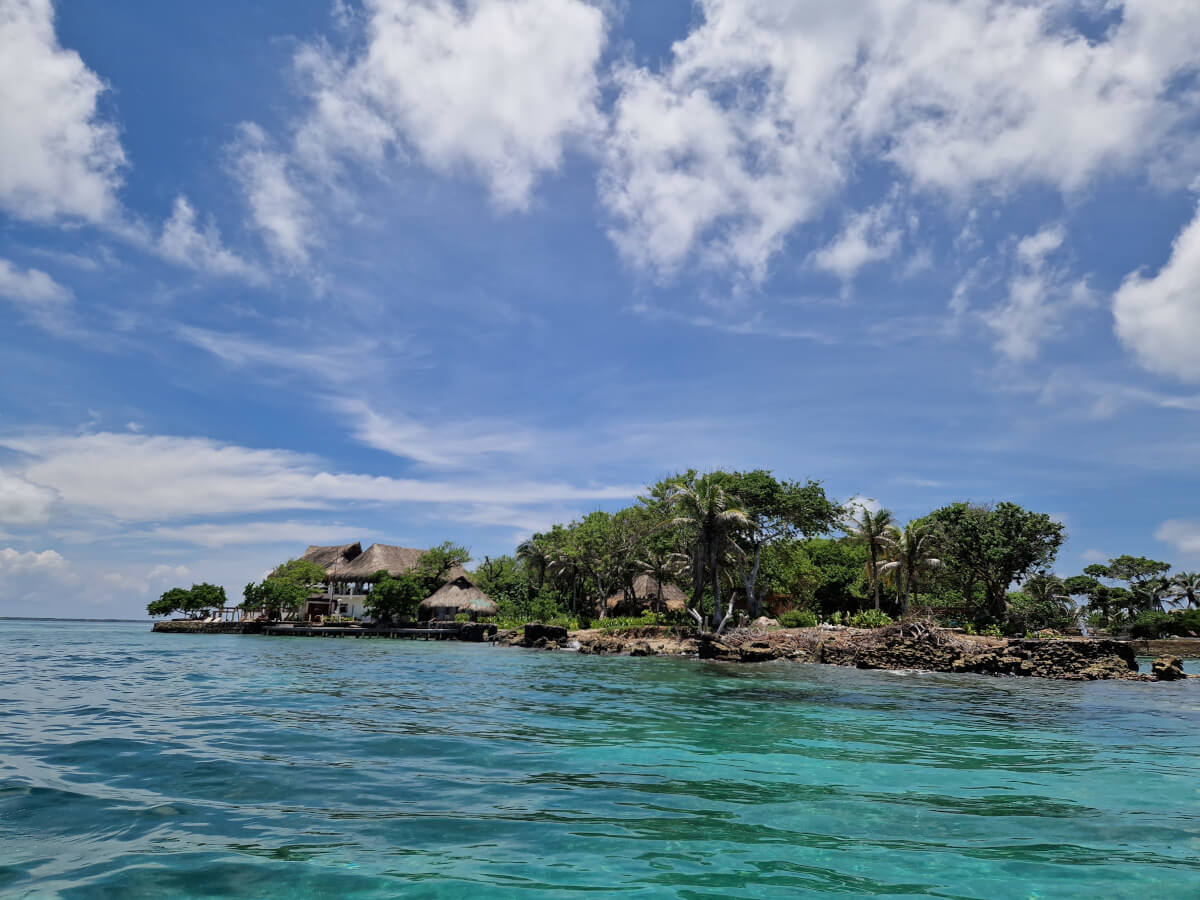Ecotourism has emerged as a critical concept in the modern world, where tourism is not just a leisure activity but a significant economic force. Over the past few decades, the global tourism industry has experienced unprecedented growth. This article explores the characteristic of Ecotourism so you can understand the concept better.
The boom in tourism has contributed to economic development and global understanding of many places. However, it has also raised concerns about mass tourism’s environmental and social impacts.
The degradation of natural landscapes, pollution, loss of biodiversity, and disruption of local communities are negative consequences of tourism. It is necessary to reevaluate traditional tourism practices and discuss sustainable tourism practices.
Ecotourism presents itself as a sustainable alternative, promising to marry the desire for travel with the need to conserve the environment and support local communities.
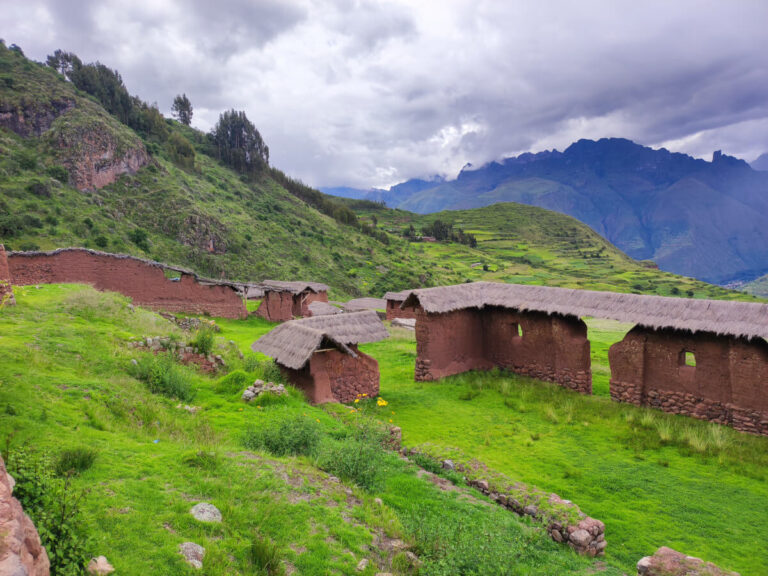
Table of Contents
What is Ecotourism?
The characteristic of Ecotourism is defined by principles that emphasize conservation, education, traveler responsibility, and active community participation. Unlike conventional tourism, which prioritizes convenience and luxury at the expense of the environment and local populations, Ecotourism is founded on responsible travel to natural areas. It seeks to travel the world but minimizing the ecological footprint of tourists, promote environmental awareness, and provide benefits to the local communities.
By focusing on sustainability, Ecotourism aims to ensure that tourism can be a source of environmental education and economic development for places that might otherwise be marginalized or negatively impacted by mass tourism.
One of the main characteristics of Ecotourism is the commitment to conservation. Its initiatives often involve visiting untouched natural areas, experiencing these places, and contributing to their preservation.
Benefits of Ecotourism
The benefits of ecotourism happen in various fields: ecological, economic, social, and cultural. This sustainable form of tourism offers many advantages, not only for the natural and cultural environments it aims to protect but also for the local communities and the tourists.

Ecological benefits
Ecotourism provides financial support for national parks, wildlife conservation, and environmental research initiatives. The revenues generated from ecotourism activities, such as entrance fees and guided tours, are often reinvested in conservation projects, helping to preserve biodiversity and maintain natural habitats.
By promoting responsible travel practices and low-impact activities, ecotourism helps reduce the negative effects of tourism on the environment. It promotes sustainable practices such as waste reduction, energy efficiency, and water conservation, contributing to the health of the ecosystems visited by ecotourists.
Ecotourism plays a significant role in educating tourists about environmental issues and the importance of nature’s conservation. Through guided tours or workshops, visitors gain a deeper understanding of the ecological value of the explored areas, creating a sense of environmental conscience.
Economical benefits
Ecotourism can be a strong source of income for local communities, particularly in rural or underdeveloped areas. By employing local guides, purchasing local products, and utilizing local services, ecotourism helps to ensure that the economic benefits of tourism are distributed among the local population.
Initiatives in Ecotourism create employment opportunities in areas from hospitality and guide services to conservation and research. These jobs provide income to the locals and encourage the preservation of natural and cultural assets.
Ecotourism introduces new experiences into the tourism market, with a new type of public visiting places, which demands more diversity in tourism offers. This can reduce the economic risks associated with reliance on traditional mass tourism.
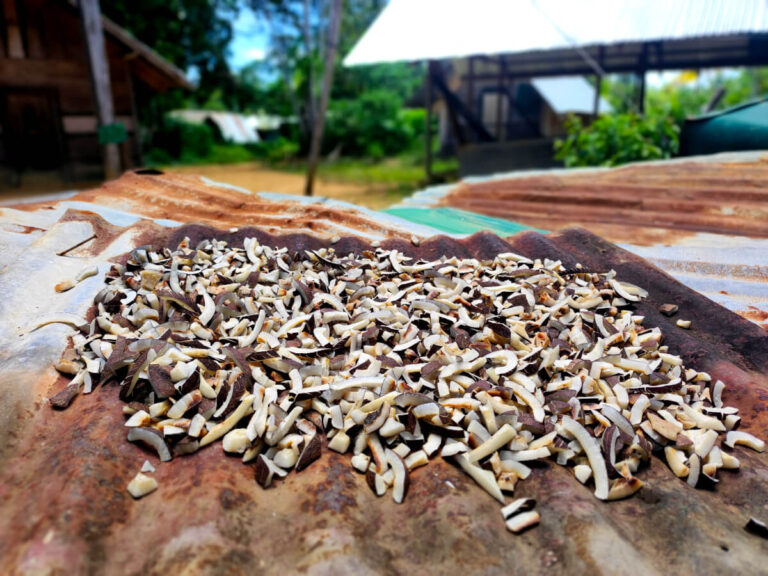
Social-cultural benefits
Ecotourism encourages the preservation of local cultures and traditions. It promotes a greater understanding and appreciation of diverse cultures by showing traditional knowledge and cultural heritage. This exchange can strengthen community identity and provide educational experiences for the tourists.
Community-based tourism that enables local communities to have a stake in the activities is a strong characteristic of Ecotourism. This empowerment leads to sustainable development, as it’s in the interest of the communities to preserve their natural and cultural assets.
Ecotourism can allow indigenous people to share their knowledge and perspectives on nature conservation based on their centuries of experience. This recognition helps support their indigenous rights and contribute to their well-being.

What is an ecotourist?
An ecotourist is a traveler who seeks sustainable, responsible travel experiences that respect the environment and the well-being of local communities. Ecotourists are motivated by a desire to explore natural environments and cultural heritage sites while minimizing their ecological footprint. They try to contribute positively to the conservation of natural resources and the economic development of local communities.
Ecotourists play an important role in promoting sustainable tourism practices that benefit the environment, support the conservation of natural and cultural resources. These practices also improve the well-being and development of local communities.
The following sections contain the features that define the characteristic of ecotourism and the ecotourist:
Authentic experience
Ecotourists look for authentic experiences and deep connections with the natural environments and cultural contexts they visit. They prefer genuine interactions over commodified tourist experiences, valuing the immersion in local traditions and ways of life.
They seek to go beyond the surface-level attractions and engage with the essence of a destination. This might involve staying in eco-lodges, participating in traditional ceremonies, or learning indigenous sustainable living methods. Their goal is to understand and experience a place as it is lived by its inhabitants rather than through the eyes of a typical tourist.

Cultural integration
Ecotourists prioritize cultural integration during their travels. Their motivation is their fascination with the rich and diverse range of global cultures and traditions. They go beyond conventional tourist activities and seek meaningful interactions that allow them to immerse themselves in local communities’ daily lives, customs, and practices.
Ecotourists desire to observe, understand, and participate in the cultural activities of the destinations they visit. This search for cultural integration is driven by a genuine respect for diversity and an enthusiasm to learn from the varied ways of life worldwide.
For these ecotourists, travel is an educational journey beyond physical movement from one place to another. They often engage in language lessons, cooking classes, or traditional craft workshops to connect more deeply with the culture.
They like to take their time
I would say the main characteristic of ecotourism is to learn to take your time. Ecotourists often adopt a slower pace of travel, preferring extended stays and immersive experiences over the quick, check-the-box style of tourism. This choice comes with the desire to connect deeply with the destinations they visit, both environmentally and culturally.Therefore, it is a very important characteristic of ecotourism.
By slowing down, ecotourists can fully engage with the natural surroundings and local communities. This allows a more meaningful understanding and appreciation of the areas they explore, creating a genuine connection with the place.
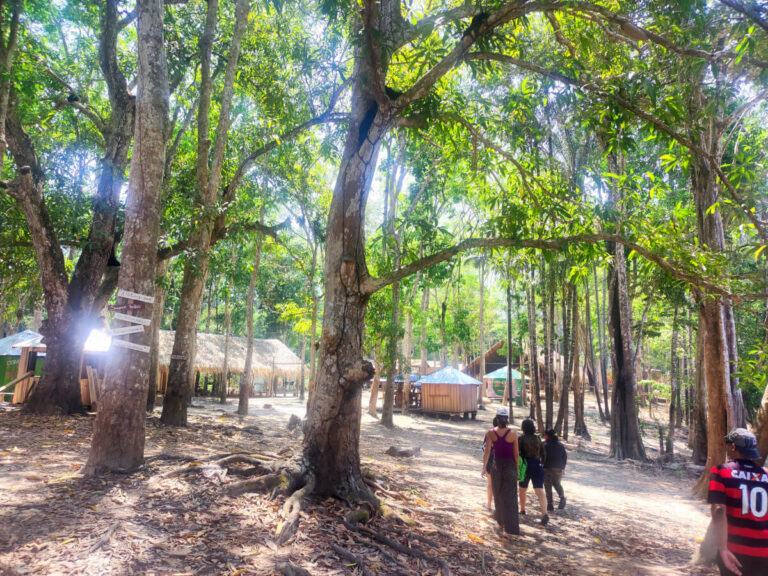
Learn another language
Learning a new language while traveling is not just a practical tool for communication but a profound way to connect with the visited destinations. Ecotourists welcome a new language because they understand the immersive and authentic experiences they get from knowing one.
They break down barriers and develop a stronger bond with locals by investing time and effort into language learning. Another advantage is to gain insights into cultural nuances that would remain inaccessible due to language barriers. This improves their travel experience, making it richer and more meaningful.
Open-minded
Ecotourists are often characterized by their open-minded approach to travel. This sets them apart from the typical tourist seeking comfort and familiarity. The open-mindedness results from an appreciation for the diversity of the world’s cultures and ecosystems.
Ecotourists embark on journeys willing to learn, adapt, and embrace the unknown. They view travel as a leisure activity and an opportunity for personal growth. This mindset enables them to appreciate the value of different perspectives and ways of life.
The open-minded nature of ecotourists pushes them to seek out experiences that challenge their preconceptions and expand their awareness. They are curious about the world in its various forms and are enthusiastic to immerse themselves in environments and cultures that may differ from their own.

Take good care of the nature
Ecotourists have a commitment with nature, so they try to minimize their ecological footprint during their journeys. This mindful attitude comes with a deep respect for the environment and an understanding of the balance that sustains natural ecosystems.
They actively seek ways to ensure that their presence in a destination contributes positively or does not harm the local environment. This involves a range of practices, from choosing eco-friendly accommodations and transportation options to sticking to principles that reduce waste and conserve resources.
One characteristic of Ecotourism is the “Leave No Trace” principle, which praises minimal impact in natural areas. This includes staying on marked trails to avoid disturbing local flora and fauna, properly disposing of waste, and avoiding single-use plastics.
Additionally, ecotourists are conscious of their carbon footprint and seek ways to reduce it. This involves selecting modes of transportation with lower carbon emissions, such as trains instead of planes for short distances, or even opting for human-powered travel like biking or hiking.
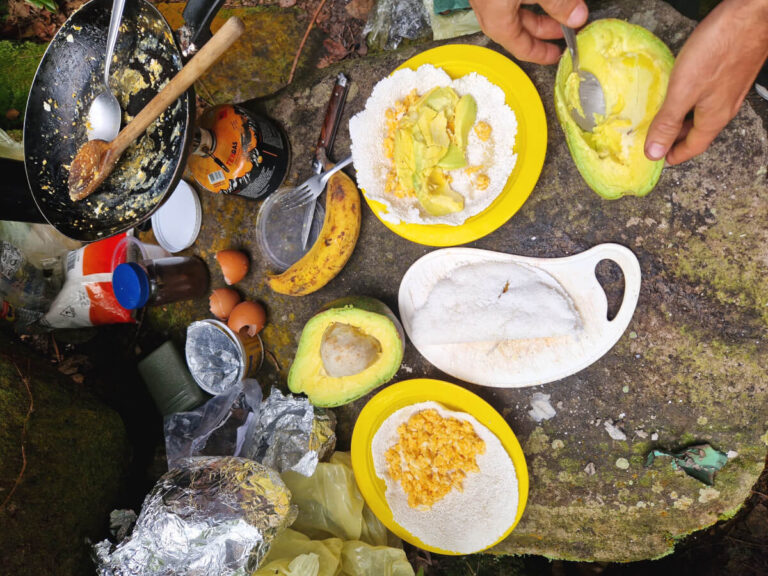
Benefits on the local communities
Ecotourists are deeply committed to bringing benefits to the local communities they visit. This commitment comes from understanding the relationship between environmental conservation and community well-being.
One of the ways ecotourists benefit local communities is through direct economic contributions. They prefer to stay in locally owned accommodations, eat in local restaurants, and hire local guides, ensuring their travel expenses support local businesses and families.
Many ecotourists volunteer or support local conservation and social projects through direct participation or financial contributions. By doing that, they create a mutual respect and collaboration relationship with the communities they visit. With these efforts, ecotourists enrich their travel experiences and leave a positive legacy where they visit. The result is the reinforcing of the principles of responsible and sustainable tourism.
Environmental awareness
Ecotourists show awareness of the environment during their travels, guided by a respect for nature and a commitment to sustainable tourism practices. They desire to understand the natural environments they explore, including each location’s biodiversity and conservation challenges.
This awareness manifests in various aspects of their travel behavior. They opt for accommodations and tour operators certified for their environmental sustainability practices, supporting businesses that invest in conservation efforts and minimize their ecological footprint.
Ecotourists often participate in environmental education programs and conservation activities, such as wildlife monitoring or habitat restoration projects.
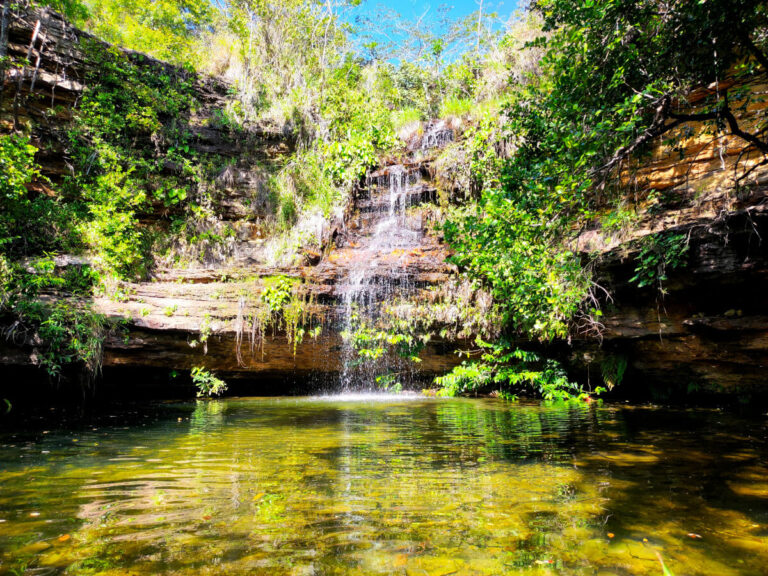
Conclusion
This article explained what an ecotourist is and the characteristics of ecotourism, pointing out the specific things that are part of this concept. Right now, you must be thinking: Am I an ecotourist?
I hope you enjoyed this article and learned something new today about this type of tourism. It’s great that more people can learn about this concept so we can talk more about ways to make tourism a sustainable activity.
If you are looking to read about some ecotourism adventures, read about the toughest trekking in Chapada Diamantina, Brazil. There is an ecotouristic guide for hiking in Colombia if you are interested.
Good bye!!!



